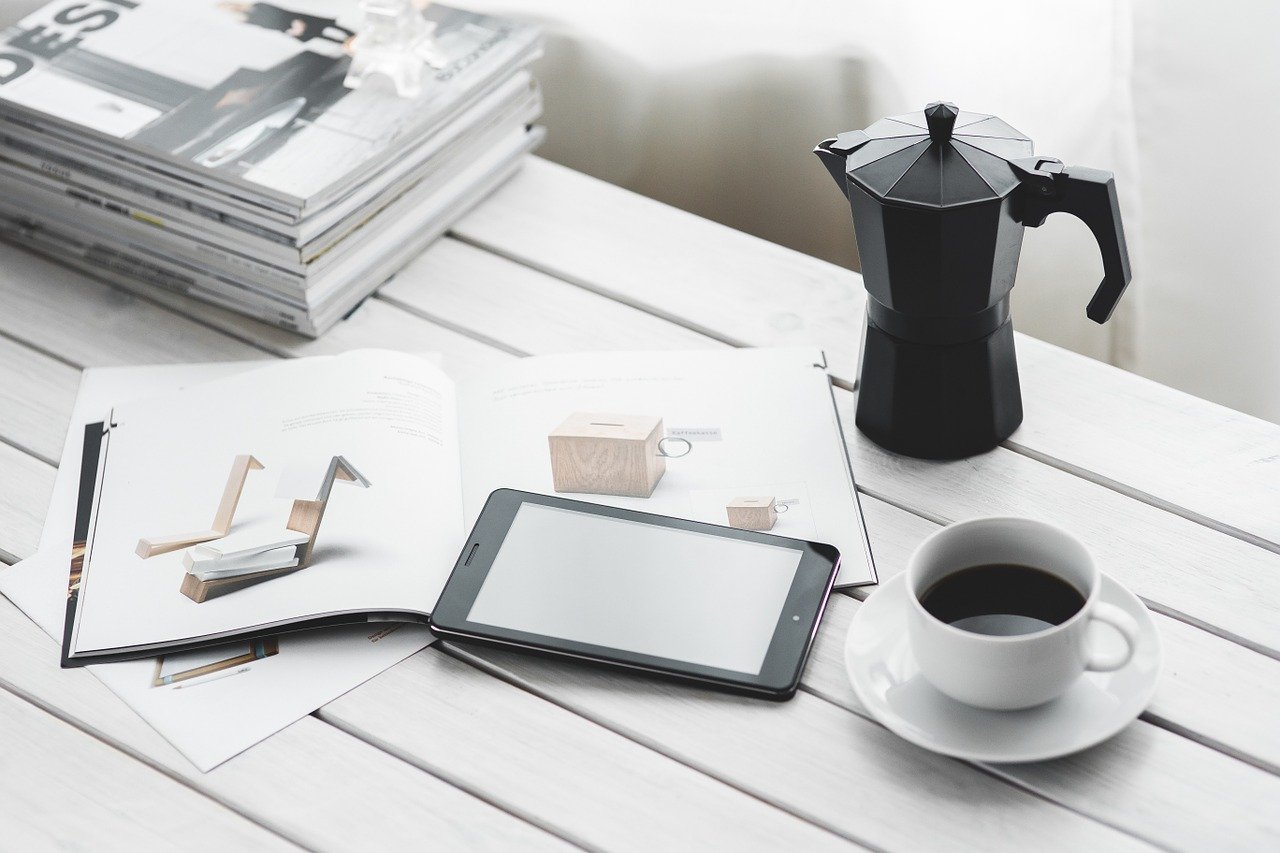Is technology making you less efficient?
Is technology making you less efficient?
“For a list of all the ways technology has failed to improve the quality of life, please press three.” – Alice Kahn
If you feel overwhelmed by the sheer volume of technological gadgets out there, never mind apps and other digital “solutions”, you’re not alone! Technology sprawl and the rabbit hole of more and more information, available all the time, is making productivity—and healthy downtime—a real challenge for many of us.
Although we may be quicker at completing redundant tasks, often more time is wasted managing all our different apps and technologies—and more of us live in a near constant state of distraction.
An epidemic of distracted workers
Maintaining focus on the job is increasingly difficult in the era of social media, chat apps, games, and the ability to search anything at any time—whether related to the task at hand or not.
Recent research shows that on average office workers switch between tasks roughly every three minutes. Half of those “task switches” were not because the phone rang or someone stopped by with a question—they were self-interruptions.
The same study showed that when an interruption is related to the primary task, it isn’t a problem for the worker to maintain focus when the interruption ends. But when people have to “shift their cognitive resources” to a new task, it takes longer to remember where they were, refocus, and regain momentum.
Online multitasking
Another source of distraction that costs workers time and energy is task switching on their computers. A University of California, Irvine study found that people who work at their computers switch between applications about 400 times per day.
If your team isn’t working across the same devices, platforms, and apps, imagine the increased inefficiency as workers waste more time dealing with incompatibility issues. For anyone moving between a number of decentralized apps during the work day the cost is mental exhaustion—which can lead to increased lack of focus and even less productivity.
Tools and tips for increasing efficiency
The fact is, no matter how much we’d like to improve our productivity, multitasking is a myth; most humans can only perform one task well at a time.
If you must use a computer at work, to help minimize the temptation to check Facebook or random search, give ShotClock, a monotasking app a try—or Freedom, an app that blocks all digital distractions so you can focus on just what’s in front of you.
Another tip is to batch email rather than reading and responding to messages continually. Sending email twice a day—once in the morning and again in the afternoon—will train people not to expect to hear from you instantly, creating more reasonable (and sane) expectations. For our own personal and collective wellbeing, no one can or should be available to work around the clock.
Perhaps most important of all, be sure to unplug and rest your mind each day. And be good to yourself by taking a health break each year. A week or two of time off, away from work email and other stress-inducing distractions, will do more to increase your productivity than any app.

